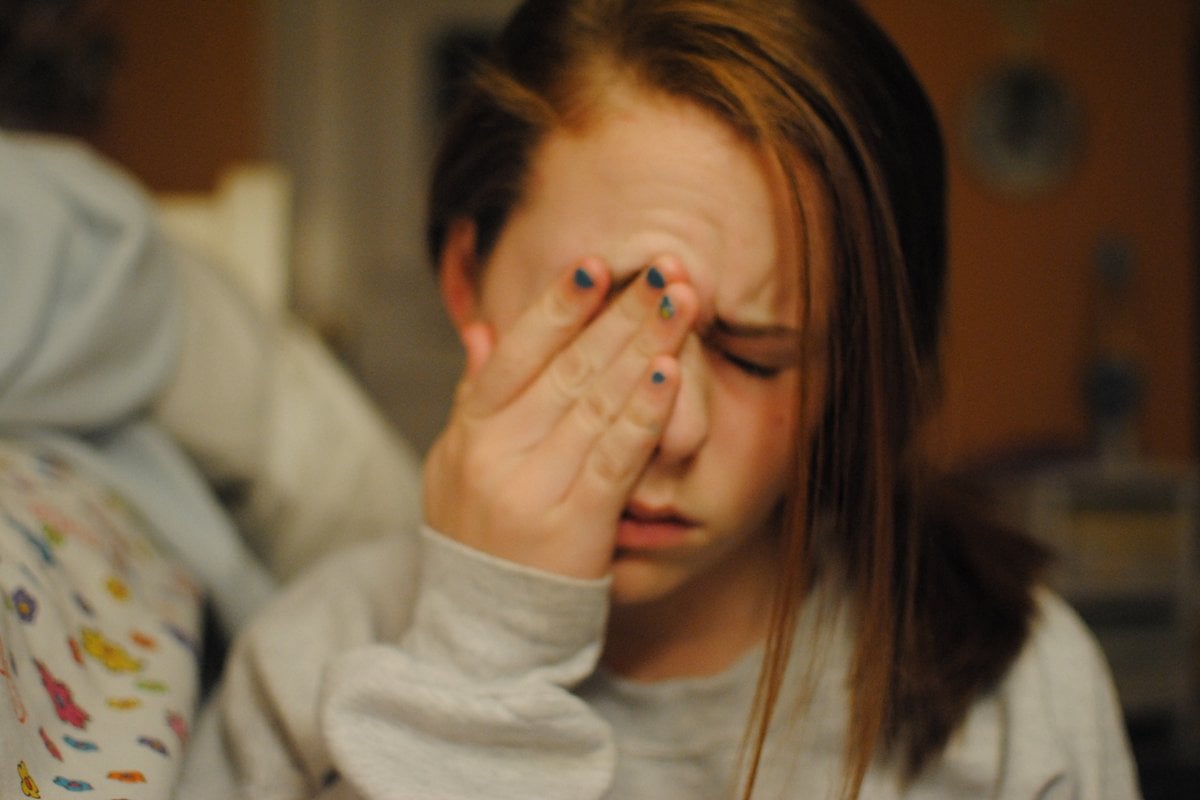
I almost hate to talk about yet another late-in-life diagnosis because it feels like I’ve been through so many of these.
Lately, though, I’ve been so fed up with my life that I’m willing to take a closer look at my latest diagnosis, inattentive ADHD.
Perhaps, like me, you know nothing about the condition. Honestly, any time people talked about ADHD my eyes would just glaze over and I’d assume they weren’t talking to me.
Watch the horoscopes and self-care. Post continues below.
It’s embarrassing, really. I thought that it was all about little boys who were bouncing off the walls at school.
I also assumed that it would have been obvious, but the funny thing is that the more I look at my signs and symptoms the more I realise that it was obvious... in me.
You see, I excelled in primary school, but absolutely sputtered out in high school.
High school and university were absolutely miserable because everything took me so much time.
Over and over, my parents and teachers insisted that I was "way too smart to try so little," and I was beyond exasperated because I tried so hard.


Top Comments